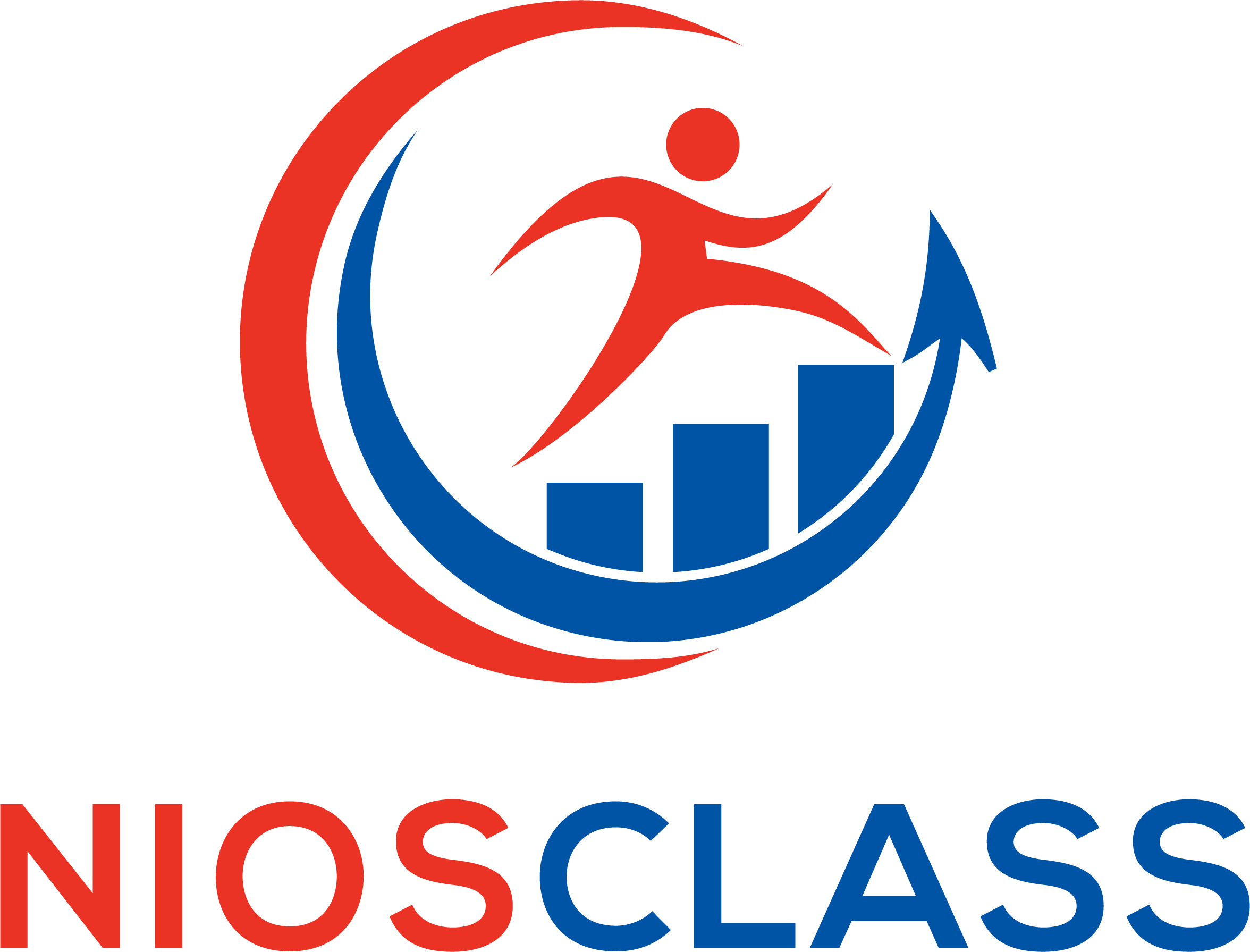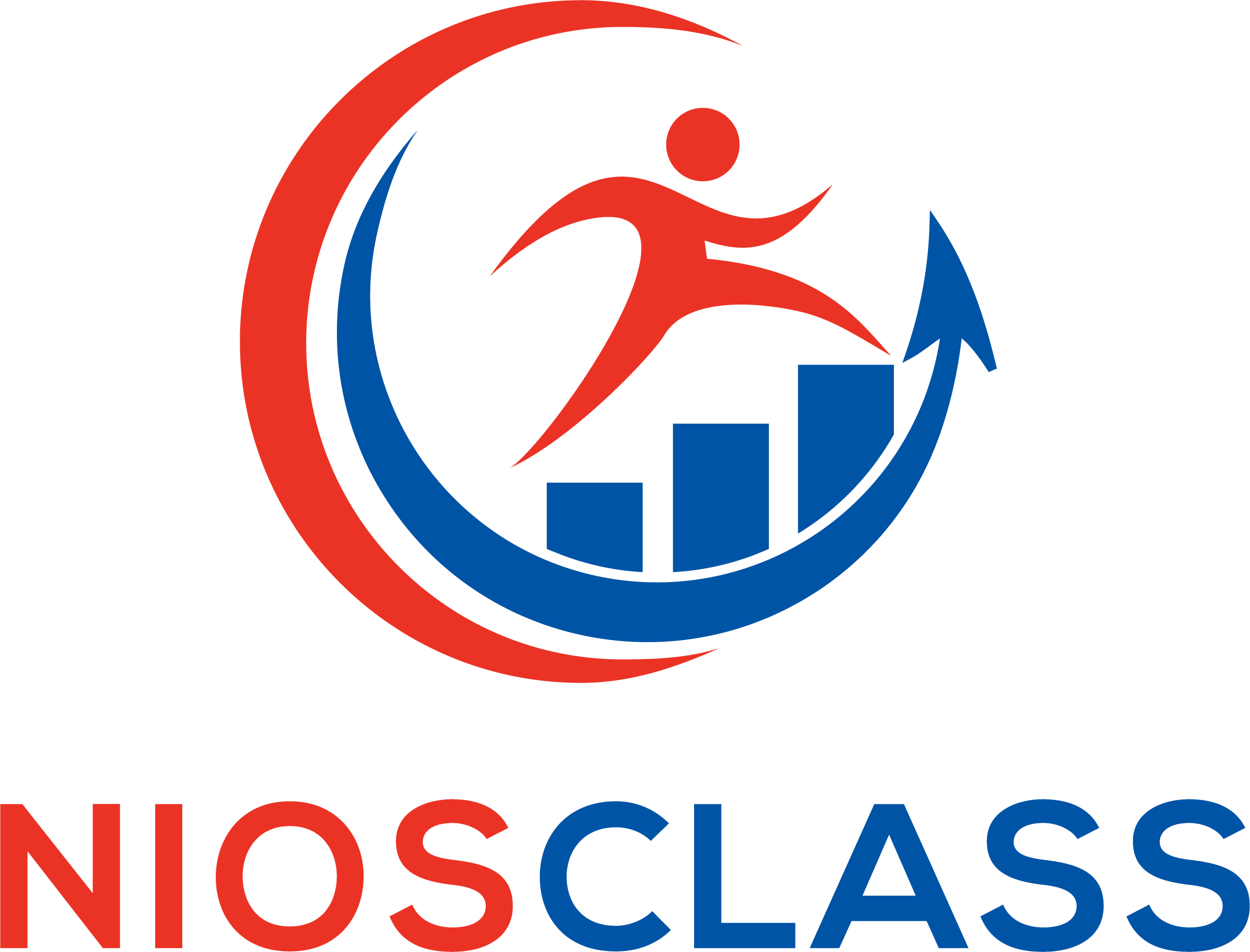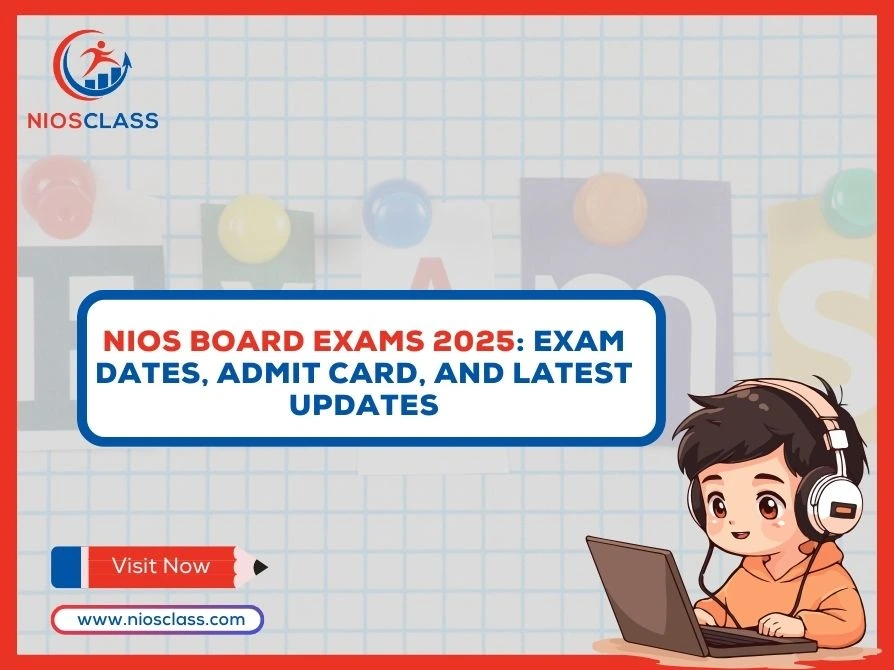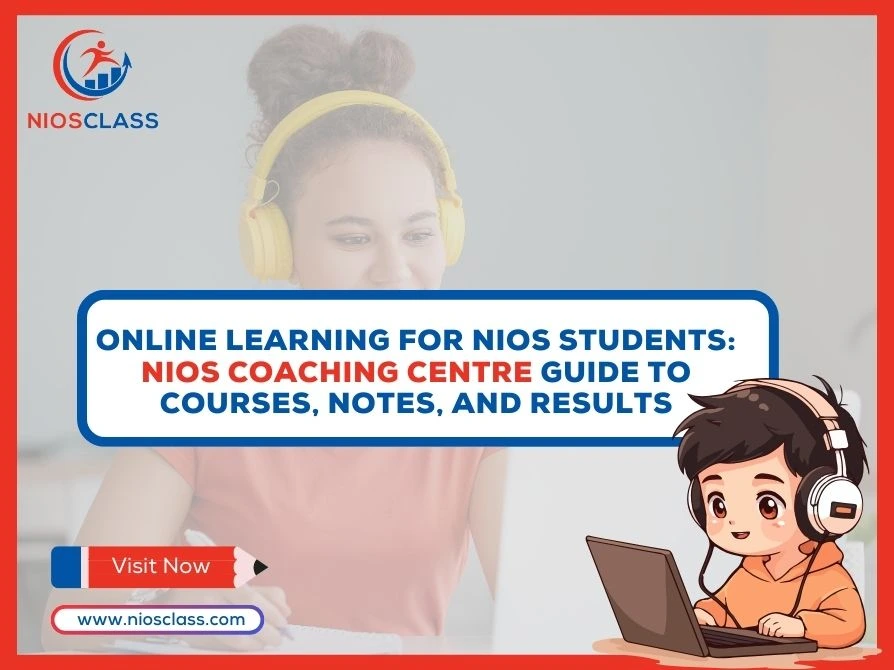
NIOS Direct 12th Admission After 10th Passed
July 18, 2024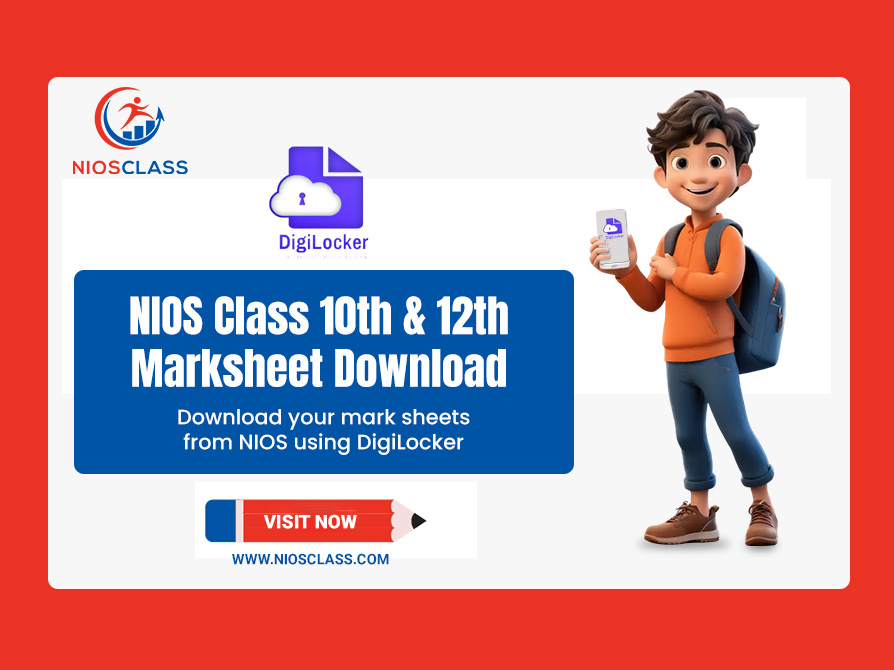
Digilocker: NIOS Class 10th & 12th Marksheet Download
August 2, 2024Online Coaching and Offline Coaching: Which is Better?
The choice between online and offline coaching has become a significant consideration for students and parents alike. Both methods have their own sets of advantages and disadvantages, making the decision dependent on individual needs and circumstances. This comprehensive guide will help you understand the key differences between online and offline coaching to determine which is better for you.
| Advantages of Online Coaching | Disadvantages of Online Coaching |
| Flexibility and Convenience | Lack of Physical Interaction |
| Access to Quality Educators | Dependence on Technology |
| Variety of Resources | Self-Discipline Required |
| Cost-Effective |
Advantages of Online Coaching
1. Flexibility and Convenience:
– Online coaching allows students to learn at their own pace and schedule.
– It eliminates the need for commuting, saving time and energy.
– Students can access lessons from anywhere, making it ideal for those with busy schedules or those living in remote areas.
2. Access to Quality Educators:
– Students can learn from top educators and experts from around the world.
– It provides opportunities to attend sessions by renowned teachers who may not be available locally.
3. Variety of Resources:
– Online platforms offer a plethora of resources, including video lectures, e-books, interactive quizzes, and forums.
– Recorded sessions allow students to revisit and review difficult topics multiple times.
4. Cost-Effective:
– Online coaching is often more affordable than traditional coaching centres.
– It reduces additional costs such as transportation, accommodation, and physical materials.
5. Personalized Learning:
– Adaptive learning technologies tailor the content and pace according to the student’s progress.
– One-on-one sessions and doubt-clearing forums provide personalized support.
Disadvantages of Online Coaching
1. Lack of Physical Interaction:
– Online coaching lacks face-to-face interaction with teachers and peers.
2. Dependence on Technology:
– Reliable internet access and a compatible device are essential for online learning.
3. Self-Discipline Required:
– Online learning demands a high level of self-discipline and motivation.
| Advantages of Offline Coaching | Disadvantages of Offline Coaching |
| Structured Learning Environment | Fixed Schedule and Location |
| Direct Interaction with Teachers | Higher Costs |
| Social Interaction | Limited Access to Resources |
| Less Distraction | Inflexibility in Teaching Pace |
Advantages of Offline Coaching
1. Structured Learning Environment:
– Offline coaching provides a disciplined and structured environment conducive to learning.
– Regular class schedules and peer interaction keep students motivated and accountable.
2. Direct Interaction with Teachers:
– Face-to-face interaction allows for immediate feedback and clarification of doubts.
– Teachers can gauge students’ understanding through direct observation and adjust their teaching methods accordingly.
3. Social Interaction:
– Offline coaching fosters a sense of community among students.
– Group activities and discussions enhance collaborative learning and communication skills.
Disadvantages of Offline Coaching
1. Fixed Schedule and Location:
– Students must adhere to a fixed timetable and travel to the coaching centre.
– This can be challenging for those with other commitments or those living far from the center.
2. Higher Costs:
– Offline coaching often involves higher tuition fees.
– Additional expenses include transportation, study materials, and sometimes accommodation.
3. Limited Access to Resources:
– The availability of study materials and resources may be limited to what the coaching center provides.
– Students do not have the flexibility to access diverse content beyond the curriculum.
4. Inflexibility in Teaching Pace:
– The pace of teaching is typically uniform, catering to the average student in the class.
– It may not suit the needs of all students, especially those who require more time to grasp concepts or those who can progress faster.
Which is Better?
The decision between online and offline coaching depends on various factors, including personal preferences, learning style, and specific needs. Here are some considerations to help you decide:
– Learning Style: If you thrive in a structured environment with direct interaction, offline coaching may be better. If you prefer flexibility and self-paced learning, online coaching could be a better fit.
– Location and Accessibility: If you have access to a good coaching center nearby, offline coaching is convenient. If you live in a remote area or have a busy schedule, online coaching offers greater accessibility.
– Budget: Consider the total costs associated with both options, including tuition, transportation, and materials.
– Discipline and Motivation: Evaluate your ability to stay motivated and disciplined. Online coaching requires more self-regulation, while offline coaching provides external structure.
Conclusion
Both online and offline coaching have their own set of benefits and drawbacks. The best choice depends on your individual circumstances, learning style, and goals. Online coaching offers flexibility, a wide range of resources, and cost-effectiveness, making it suitable for self-motivated learners. On the other hand, NIOS coaching provides structured learning, direct interaction, and a community environment, which can be beneficial for students who thrive on face-to-face engagement.
